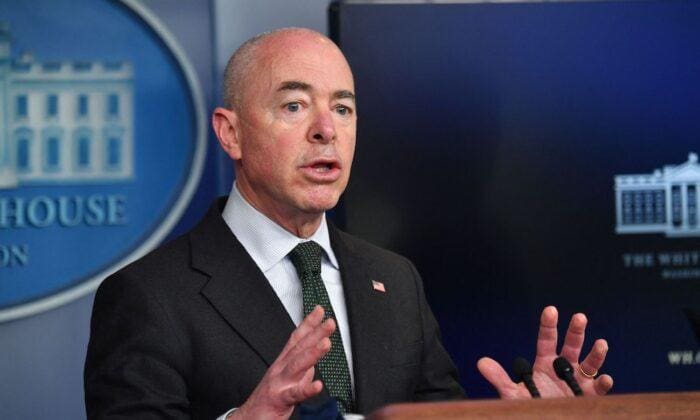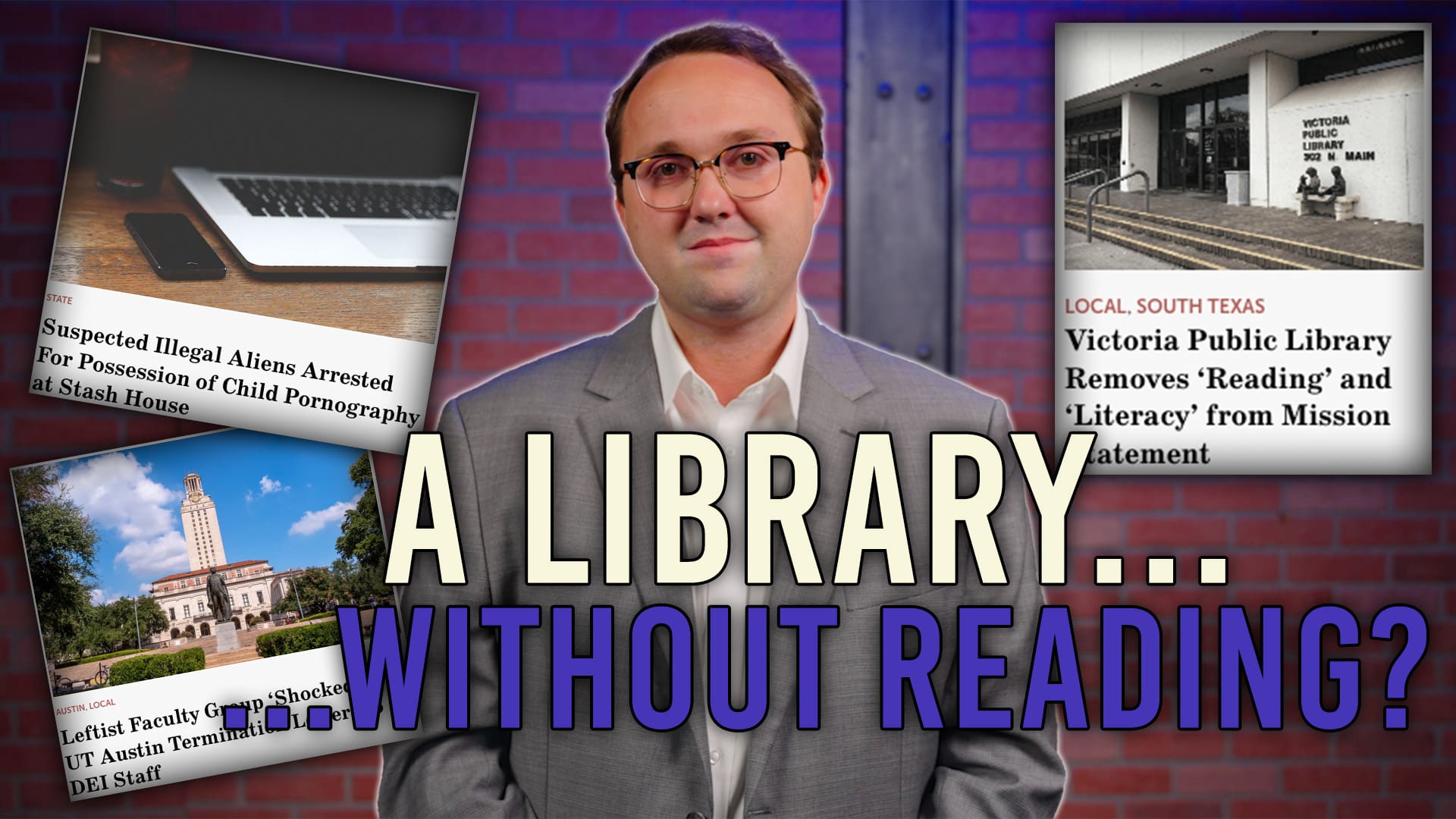Despite pleadings from citizens to split up Austin’s omnibus bond package into smaller pieces, the City Council moved one step closer to placing the do-or-die debt package containing dozens of unrelated projects on the November ballot.
Late Thursday night, Austin City Council approved on second reading an unprecedented $720 million transportation bond proposition. The vote came after hours of citizen input from multiple perspectives. Many called for increased transparency and inclusivity in the process. Others simply wished to see specific improvements in their neighborhoods.
Also present was a large contingent urging the council to place an additional bond on the November ballot – a light rail boondoggle that Austin has thus far managed to avoid.
Under the locomotive-fetishists’ plan, a track would run along Guadalupe St. and Lamar Ave. starting from downtown all the way to U.S. 183. Several of the rail advocates argue that a spike in liberal voters turning out to vote for Hillary Clinton represents perhaps the greatest opportunity yet to get the ridiculous measure passed.
While several council members expressed support for the concept, the push ultimately failed, with members citing timeline and implementation issues.
The overwhelming bulk of the package that was approved is $482 million that will go towards Mayor Steve Adler’s “Smart Corridor” project — an initiative that comprehensively revamps many of the major thoroughfares around the city with additional bike lanes, bus lanes, traffic light adjustments, and walking trails.
Although traffic is a serious problem for Austin residents, the price tag is cause for concern — especially considering that all city funds are fungible. Many of the projects, as well — such as bicycle lanes and walking trails, which will receive a sizeable bulk of the debt — are of debatable merit as meaningful transportation solutions.
The city’s own estimates predict that an increase in property taxes will be required in order to pay for the additional debt. Austinites are already overburdened by skyrocketing property taxes and appraisals, and would hardly benefit from civic boondoggles that do little to alleviate the congestion with which every resident is painfully familiar.
Although parts of the bond have merit, the council is forcing voters to vote on the entire $720 million initiative as a single item in November.
There was a push from Councilmember Don Zimmerman to split the package into parts — which would have improved the transparency and overall accountability of the projected debt spending. However, Zimmerman was forced to back down when it was made clear that a majority of his fellow councilmembers would not support his motion.
The council will vote again next week for the final time, deciding precisely what voters will be evaluating when they go to the ballot box in November.




